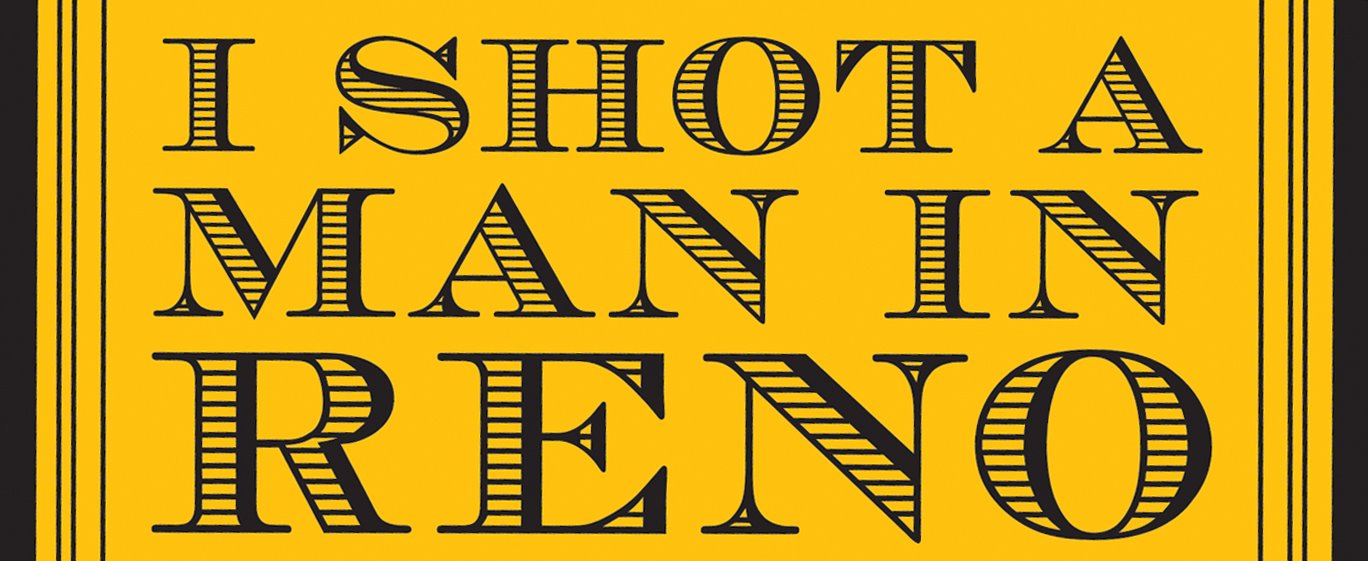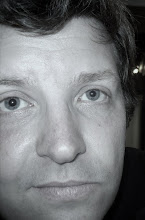 With I Shot a Man in Reno out in both the UK and the US, now seems like a good time to collate some of The Ones That Got Away. Since publishing the book and starting the blog I’ve had loads of correspondence from people who have read and – mostly - enjoyed the book, but who also wanted me to explain – in great detail, preferably - what the hell was I thinking etc etc. Or to put it another way, Why Song X by Band Y wasn’t mentioned.
With I Shot a Man in Reno out in both the UK and the US, now seems like a good time to collate some of The Ones That Got Away. Since publishing the book and starting the blog I’ve had loads of correspondence from people who have read and – mostly - enjoyed the book, but who also wanted me to explain – in great detail, preferably - what the hell was I thinking etc etc. Or to put it another way, Why Song X by Band Y wasn’t mentioned.This, really, was one of the main reasons for writing the book: to elicit a personal response from readers and for them to apply their own favourite songs to the themes discussed throughout the book, to ransack their record collections and discover what songs about death and mortality resonated the most for them. I did take the time in the Introduction to explain that more songs about death would be omitted than included. That was the only way Reno would work as a book rather than a horribly distended list feature.
Still, it’s been good, educational fun hearing about the songs you love and wanted to include. In some cases, they are songs I know well and just didn’t have room for; some didn’t fit; some I knew but completely forgot about; others I didn’t know at all, and it’s been a particular pleasure finding out about them.
Anyway, here’s Part One of an edited list of songs about death that aren’t discussed in the book but, according to you – and who am I to argue - really, really should have been, what the hell were you thinking, etc etc:
“Bees” – Laura Cantrell
“Westfall” – Okkervil River
Anything (that’s not a song, that’s literally *anything*) by the Handsome Family
“Family Snapshot” – Peter Gabriel
“Gallows Pole” - Leadbelly
“You Want That Picture” – Bonnie ‘Prince’ Billy (to be fair, this wasn’t out when I finished writing the book)
“Oliver James” – Fleet Foxes (ditto)
“It Was A Very Good Year” – Frank Sinatra
“Lick Your Fingers Clean” – Jethro Tull
“When I Was Dead” – Robyn Hitchcock
“Floyd Collins” – trad.
“Life’ll Kill Ya” – Warren Zevon
“Gresford Disaster” – The Albion Band
“Jail Break” – Humphry Lyttleton
“On A Faraway Beach” – Brian Eno
“The Queen Is Dead” – The Smiths
“And The Band Played Waltzing Matilda” – The Pogues
And on it goes – more in Part Two. Perhaps there will even have to be a second volume: Death: The Comeback. Please free to add to the list….









